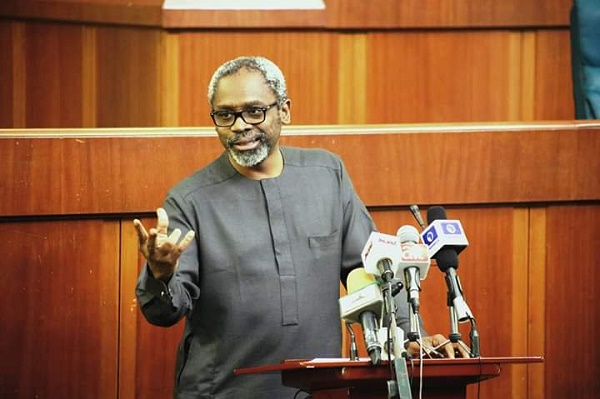Gbaja: Reps will end overbearing regulation of private businesses
Femi Gbajabiamila, speaker of the house of representatives, says lawmakers will work towards ending the “overbearing regulation” of private businesses in Nigeria.
Speaking at the 13th annual business law conference of the Nigerian Bar Association (NBA) in Lagos on Wednesday, Gbajabiamila said the excess regulation is not good for economic growth.
He said the statutory and policy framework existing in the country has proved unfit to drive cooperation and private sector investment to the extent that is required.
He said the regulatory process “is so burdensome it has become a bane to businesses.”
Advertisement
“Therefore, we will in this 9th national assembly seek to review existing statutes and policy with a view to ensuring that what we have in place works for the purposes for which they were intended,” said the speaker.
“The regulatory function of government is essential, but it should not hinder innovation, or hinder investment. Its primary purpose is to promote best practices so that our companies can be competitive in a global market place.
“We want a more balanced economy, where we are not so dependent on a narrow range of economic sectors and we need to take urgent action to boost enterprise and develop a more responsible economic model.
Advertisement
“A systematic audit of government regulations particularly as it relates to taxation, environmental standards, employee protections will allow us the opportunity to end tick box regulation and cut red tape in the federal government.”
Gbajabiamila also said lawmakers will reform the corporate tax system and consider “a ‘one in – one out’ rule whereby for every new government regulation implemented, another existing one will be exited to remove bureaucratic bottlenecks.”
He proposed a “legislative working group on investment, business and regulation” which will be majorly composed of legislators and business leaders.
“The working group will provide a platform for ongoing interaction between the legislature and the private sector, a forum where we can look ahead at the challenges on the horizon, be made aware of potential policy failures before they become intractable challenges and an arena where we can jointly develop new ideas and implement effective solutions,” Gbajabiamila said.
Advertisement
Add a comment







